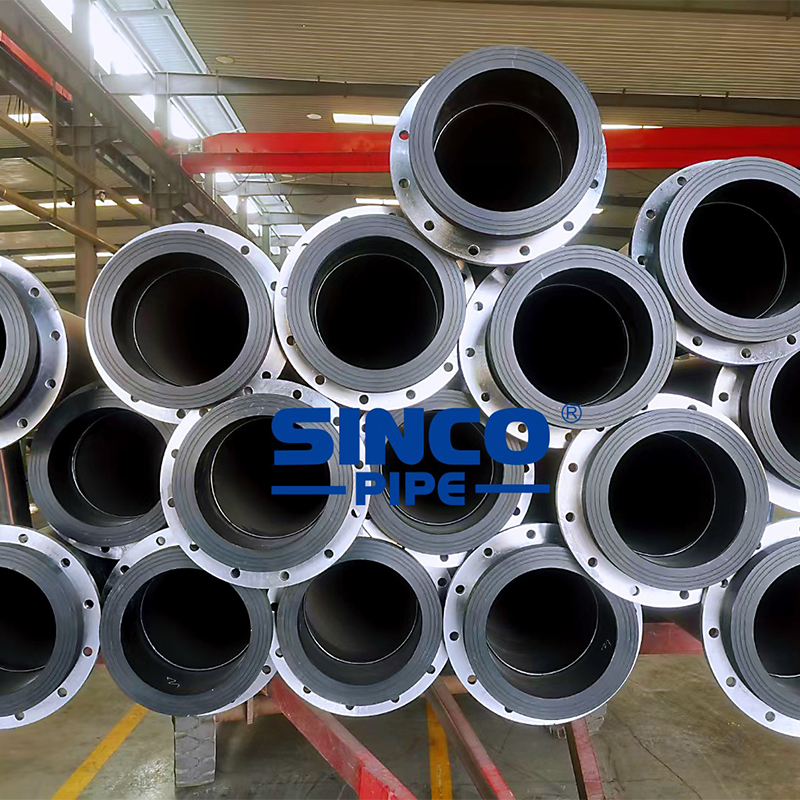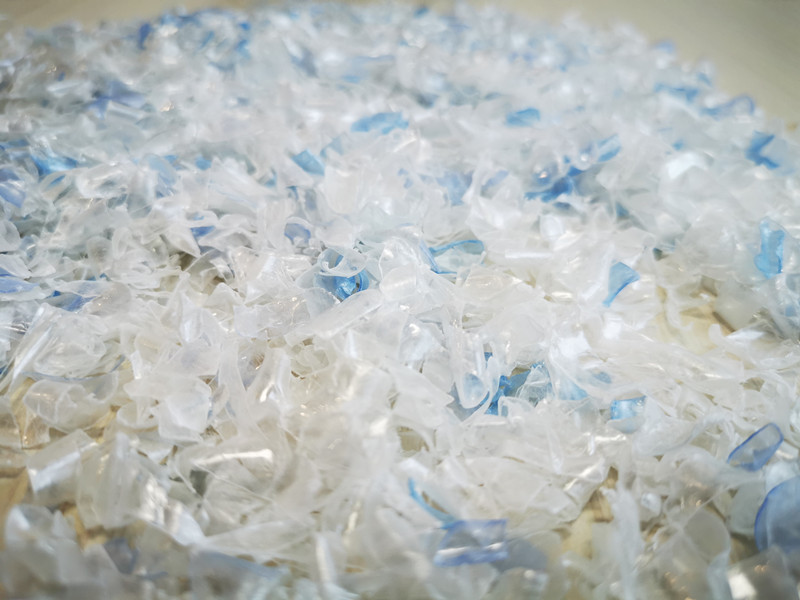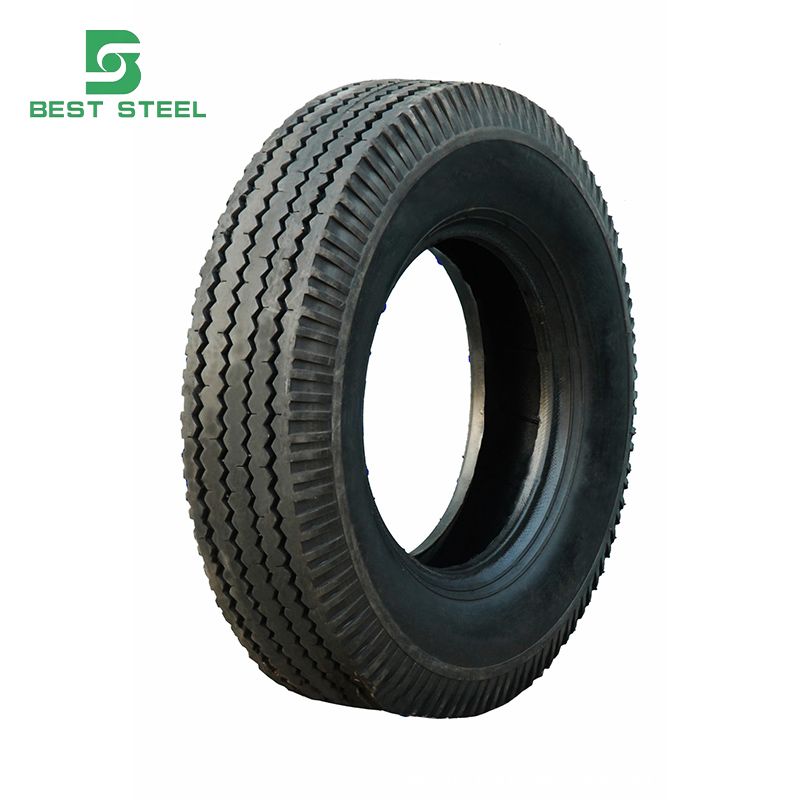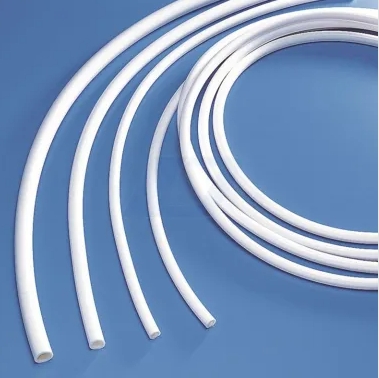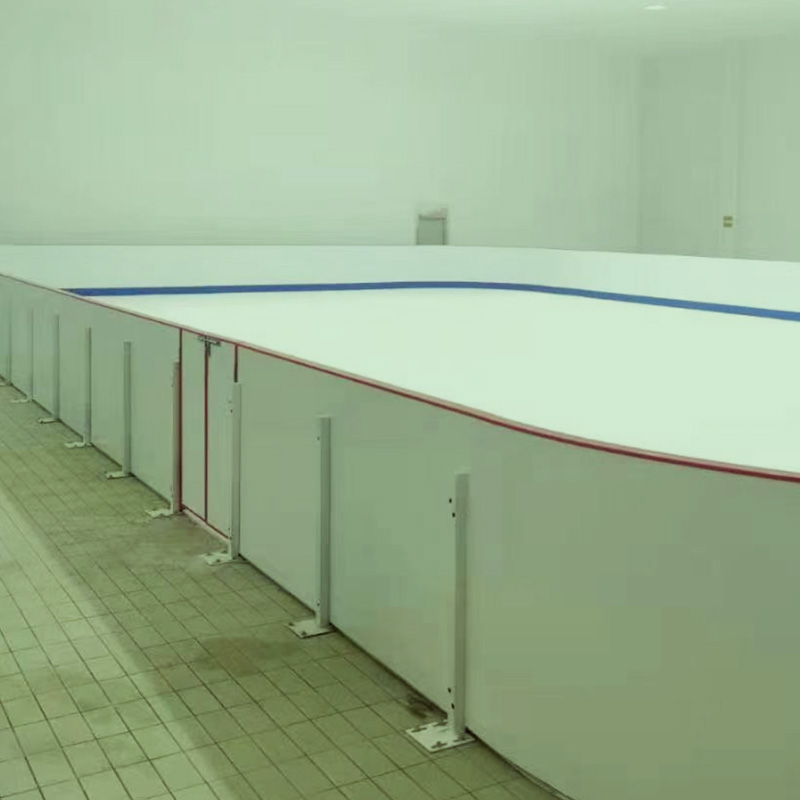HDPE Gas Pipe: Revolutionizing the Energy Sector with Safety and Efficiency
Introduction
In the rapidly evolving world of energy transportation, the demand for safer and more efficient systems is paramount. High-Density Polyethylene (HDPE) gas pipes have emerged as a game-changer in the industry, offering numerous advantages over traditional materials. This article explores the transformative properties of HDPE gas pipes and highlights their significant impact on the energy sector.
Unveiling HDPE Gas Pipes
HDPE gas pipes are made from high-density polyethylene, a thermoplastic polymer known for its exceptional durability and resistance to corrosion. These pipes are specifically designed for the transportation of natural gas and are rapidly gaining popularity due to their remarkable properties. HDPE pipes are manufactured using a process known as extrusion, which involves melting the polymer and forming it into a continuous profile.
Advantages of HDPE Gas Pipes
Safety: Safety is of paramount importance in gas transportation, and HDPE gas pipes excel in this regard. HDPE is inherently resistant to leaks and cracks, significantly reducing the risk of gas leakage and associated hazards. Unlike traditional materials, HDPE pipes do not corrode, providing a long-lasting and reliable solution for gas transportation.
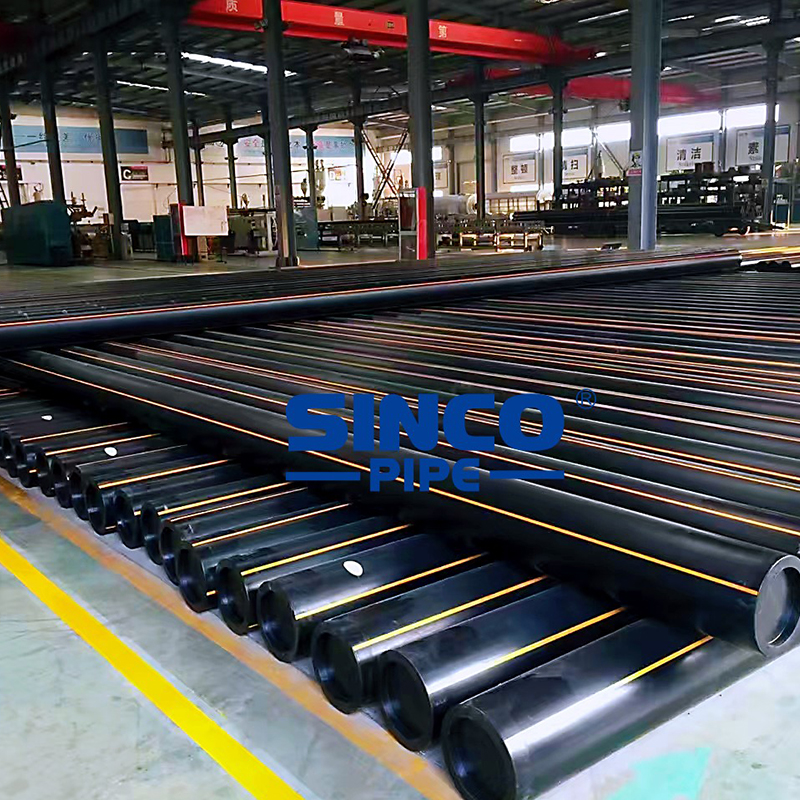
Durability: HDPE gas pipes are highly durable, with excellent resistance to impact, abrasion, and chemicals. They can withstand extreme weather conditions, including freezing temperatures, without compromising their structural integrity. This durability ensures a longer lifespan for the pipes, reducing maintenance costs and minimizing the need for frequent replacements.
Flexibility: The flexibility of HDPE gas pipes is another advantage that sets them apart from other materials. HDPE pipes can be bent and coiled to accommodate various terrains and installation requirements. This flexibility not only simplifies the installation process but also reduces the number of joints, minimizing the risk of leaks and enhancing the overall system efficiency.
Efficient Flow: HDPE gas pipes offer a smooth internal surface, resulting in superior flow characteristics. With reduced friction and turbulence, the energy required for gas transportation is significantly reduced. This efficiency leads to cost savings and improved overall performance, making HDPE gas pipes an economically viable option for energy companies.
Environmental Friendliness: HDPE is a sustainable and environmentally friendly material. It can be recycled and reused, reducing the carbon footprint associated with gas transportation infrastructure. Additionally, the light weight of HDPE pipes minimizes the energy required for transportation and installation, further contributing to environmental conservation.
Applications of HDPE Gas Pipes
Explore more:Ultimate Guide: Fabric Rubber Oil Seal Price
Advantages of using HDPE pipe for coal mining?
Everything You Need to Know About Teflon Gasket Sheet
Which is the cheapest plastic material?
Why are cow rubber mats the best choice for B2B purchase stage?
Choosing the Right Weather Stripping: Essential Tips?
Which is the best HDPE pipe brand?
HDPE gas pipes find extensive application in various sectors of the energy industry, including:
Distribution Networks: HDPE gas pipes are widely used in the construction of distribution networks for natural gas. Their durability and flexibility make them ideal for urban and rural settings, ensuring reliable and efficient gas supply to residential, commercial, and industrial areas.
Gas Transmission Lines: HDPE gas pipes are increasingly being employed in long-distance gas transmission lines. Their ability to withstand high-pressure conditions and challenging terrains makes them an excellent choice for interconnecting different regions and ensuring a steady supply of natural gas.
Oil and Gas Exploration: HDPE gas pipes are also utilized in the exploration and production of oil and gas. Their resistance to corrosive substances and flexibility make them suitable for various applications, such as wellhead connections, gathering lines, and fracking operations.
Conclusion
HDPE gas pipes have revolutionized the energy sector by providing a safer, more durable, and efficient solution for gas transportation. With their exceptional properties and environmental friendliness, these pipes have gained widespread acceptance across the industry. As the demand for reliable and sustainable energy infrastructure continues to grow, HDPE gas pipes are poised to play a pivotal role in meeting the needs of a rapidly evolving world.
SINCO is a hdpe Pipe Manufacturer In China and provider of High Density Polyethylene(hdpe) Pipes Solutions. If you need, please feel free to contact us.
Reading more:
Everything You Need to Know About Pipeline Welding
The Difference Between Corrugated Metal Culvert and Plastic Corrugated Pipe
What is a ductile iron pipe used for?
What is PTFE joint sealant?
Applications of PE Tarpaulin
Common Applications of Silicone Valves
Advantages of Polyurethane Dewatering Screen Panels
What are custom seal and rubber products?
What is the cheapest plastic sheet?
How do I choose the right bulk air hose for my application?




